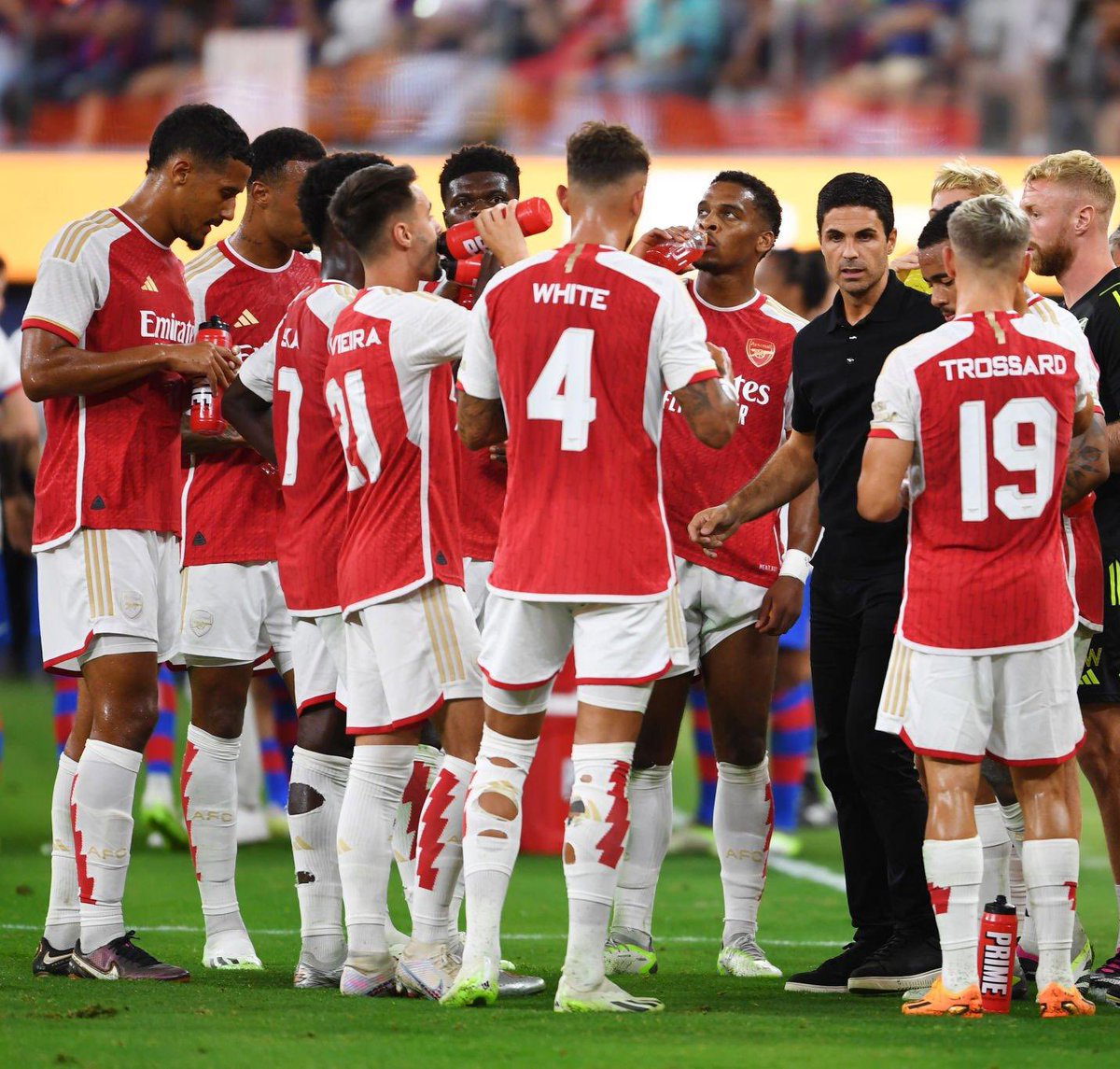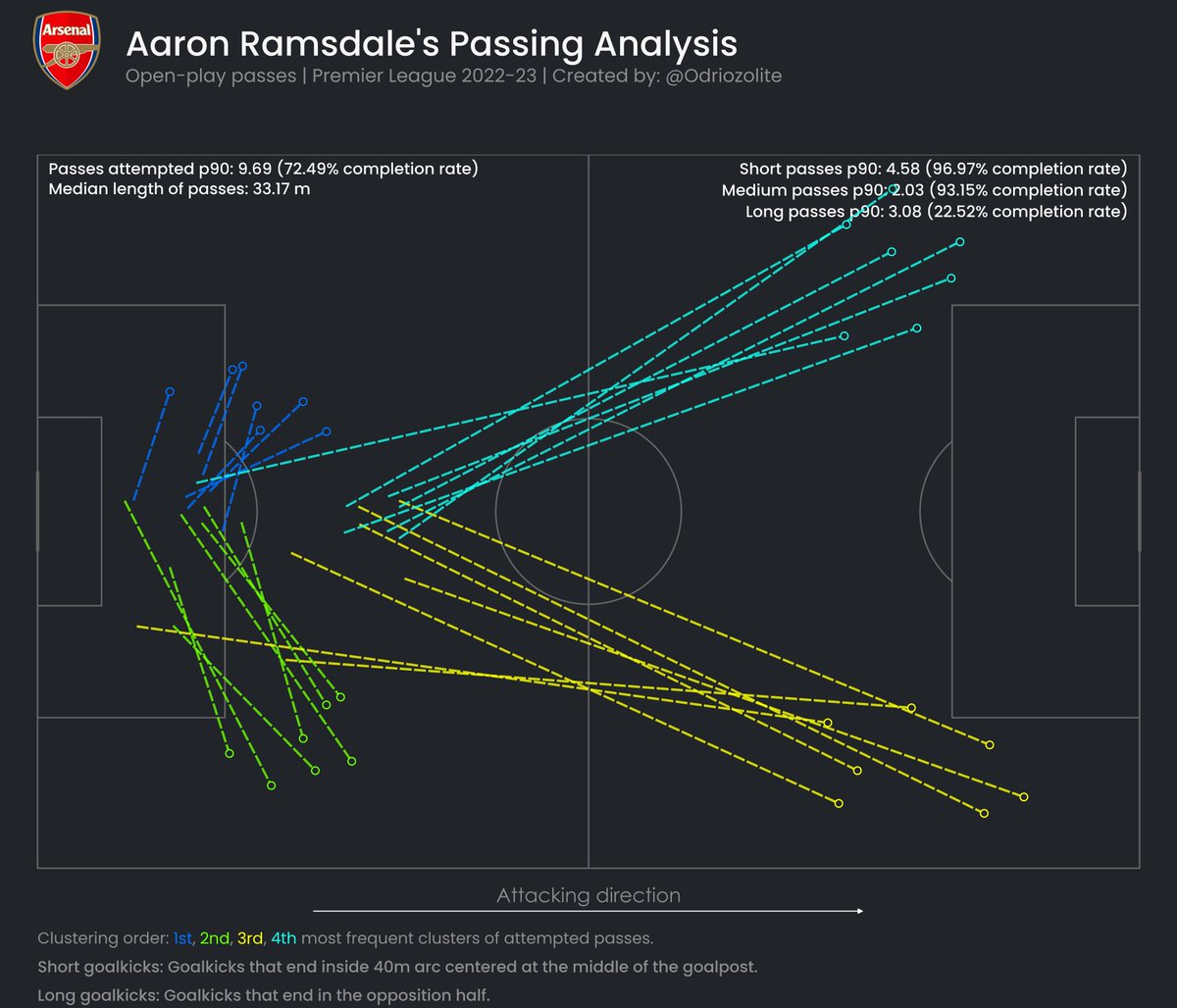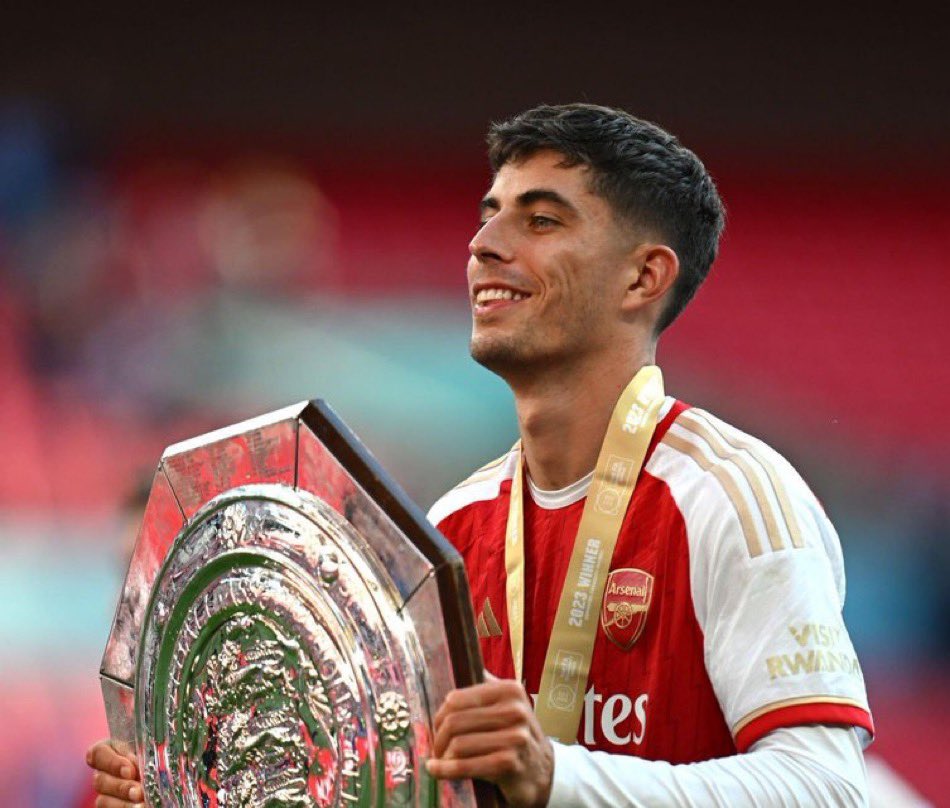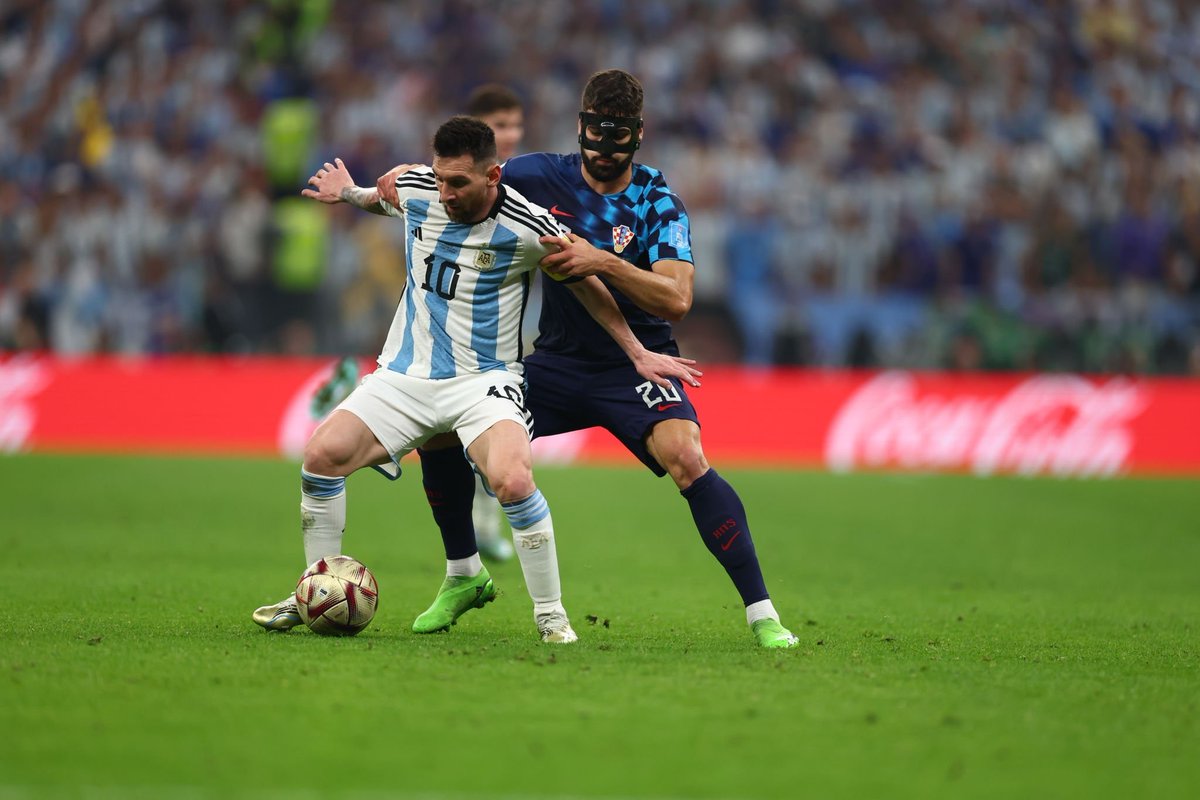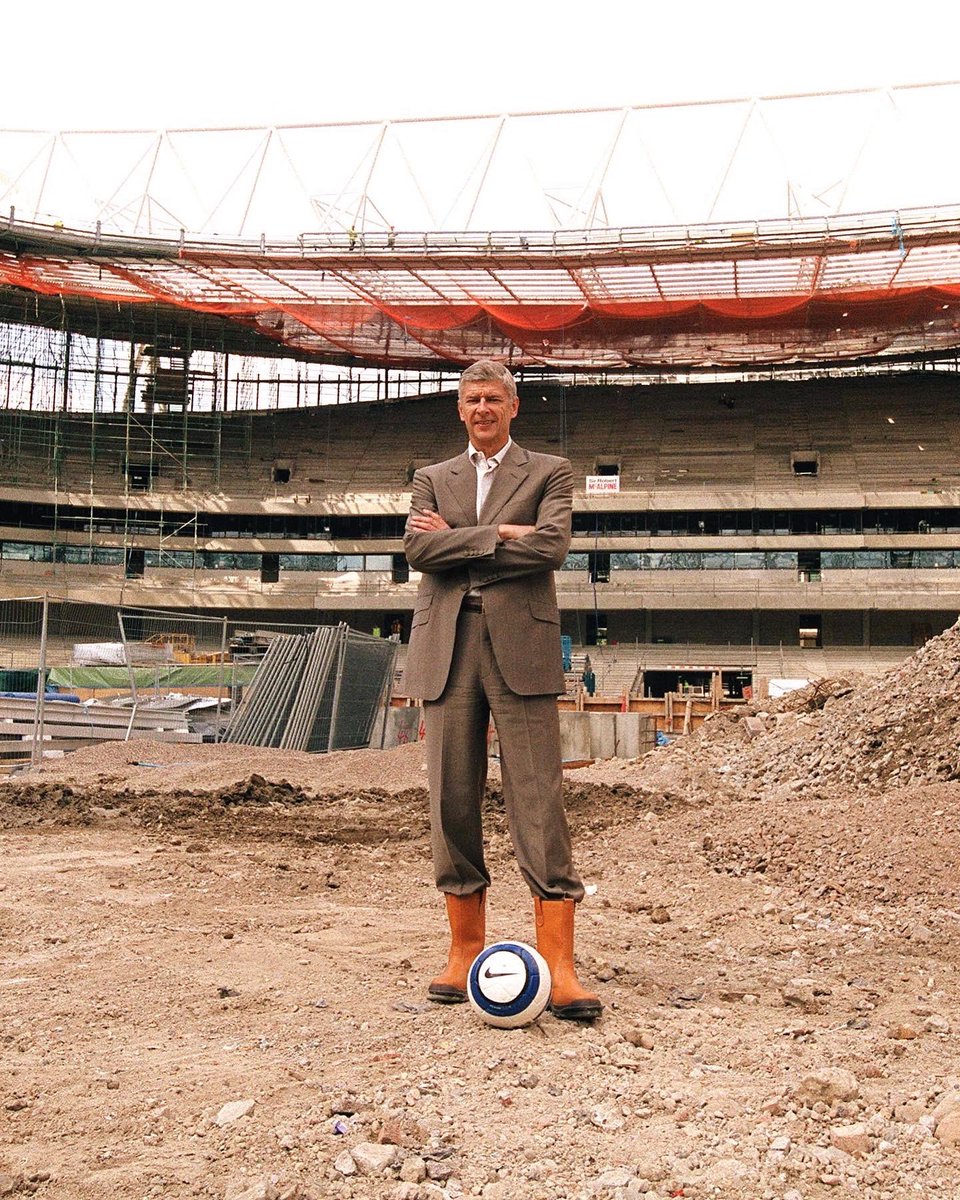Manchester City, defeated by the market in a transition season (lack of options on the market or players preferring to move/stay elsewhere) and unable to sign the best generalists that they can, have resorted to signing the best specialists on the market.
A Thread.../🧵


A Thread.../🧵
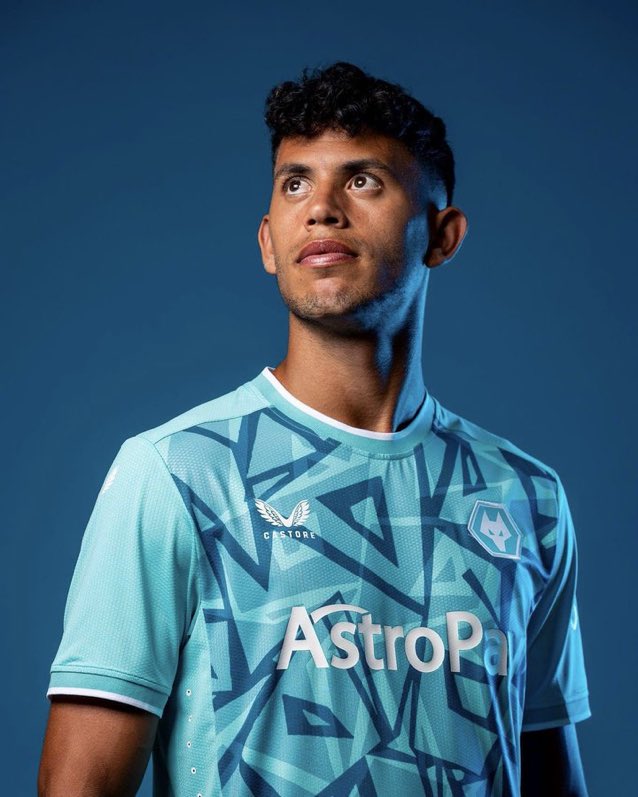
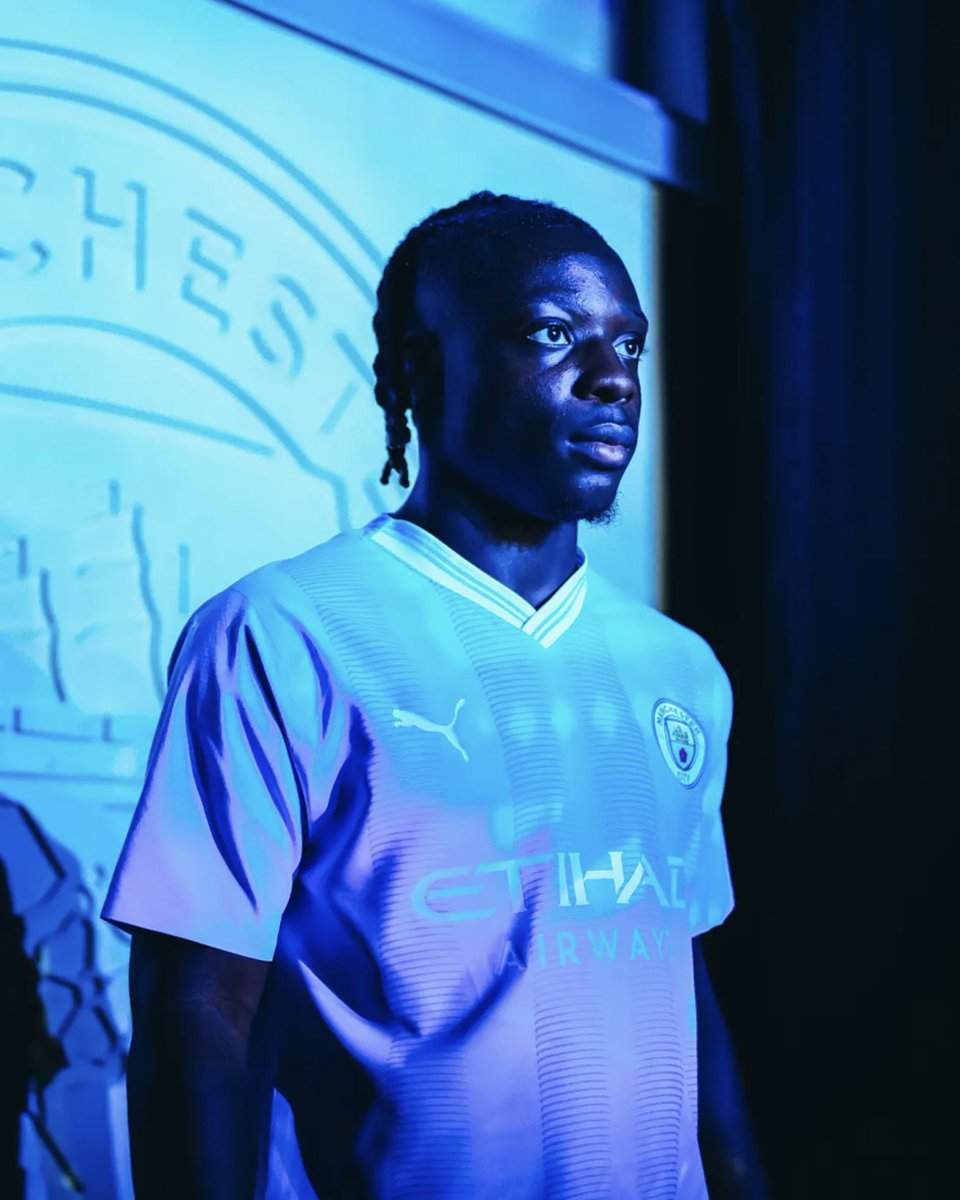
Both Jeremy Doku and Matheus Nunes are the best in the world at the few things they do best, but beyond those, neither have as much range of usage or impact.
Compare Nunes, for instance, to Rice or Bellingham and the gap in range/use becomes obvious—both were generalists.


Compare Nunes, for instance, to Rice or Bellingham and the gap in range/use becomes obvious—both were generalists.

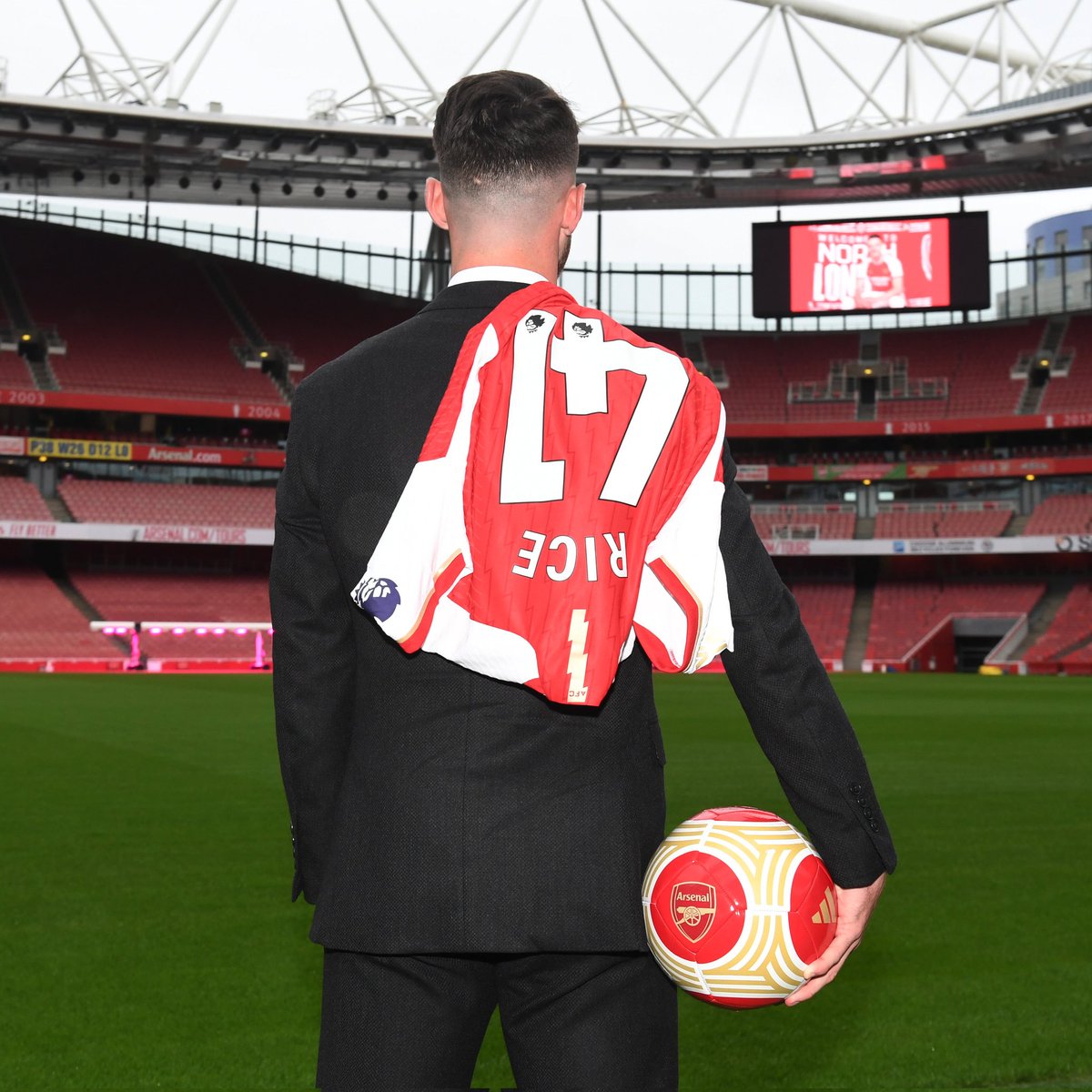
What makes for a generalist profile?
A generalist is not just about positional versatility although that's included. To explain it, please take Bernardo Silva vs Ilkay Gundogan for examples.
Bernardo Silva is the ultimate versatility player, able to play at several positions


A generalist is not just about positional versatility although that's included. To explain it, please take Bernardo Silva vs Ilkay Gundogan for examples.
Bernardo Silva is the ultimate versatility player, able to play at several positions


around the pitch. He's been used at leftback, LCM (part of a 3), LW, AM (ahead of a two), CM (part of a two), RCM, RW and CF in his time at City. Ilkay Gundogan, on the other hand, has had a more straightforward usage. Mostly as LCM or as CM and occasionally as a 6.
The going wisdom would be to call Bernardo Silva a generalist and Ilkay Gundogan a specialist, but that would be heavily discrediting the range of usage you can get out of Gundogan even in the same position.
Gundogan, from his staple LCM position, can play with the 6 in a 2,
Gundogan, from his staple LCM position, can play with the 6 in a 2,
heavily involved in the 1st phase of buildup, helping to keep compactness and play flowing in the 2nd phase.
In the second half of the same game, Gundogan from the same position can play primarily as a second striker, not very involved in the buildup process but sniffing and
In the second half of the same game, Gundogan from the same position can play primarily as a second striker, not very involved in the buildup process but sniffing and
searching for space in behind the striker. And to kill off the game, Gundogan can act as everything from the same position, coming deep to receive the ball, staying high between the lines and turning his marker to continue play, and then ghosting into the box to score the winner.
Gundogan can do all of these because of
—His mental aptitude (intelligence, experience, awareness, intuition and creativity)
—His technical and biomechanical composition to receive and turn 360° sharply in any space, which renders him useful at buildup or between the lines
—His mental aptitude (intelligence, experience, awareness, intuition and creativity)
—His technical and biomechanical composition to receive and turn 360° sharply in any space, which renders him useful at buildup or between the lines
—His technical and mental range as a passing savant (he once held the record for most passes played in a game in the EPL before Jorginho broke it)
—His physical and technical ability to cleanly carry the ball through gaps and medium distances
—His capacity to create “indecision”
—His physical and technical ability to cleanly carry the ball through gaps and medium distances
—His capacity to create “indecision”
against markers (due to the range of possibilities open to him) and separation in the box (due to his technical/biomechanical dexterity with fake shots, turning range and pausa through carrying moments, a la Bellingham).
—His ballstriking, as seen by his ability to take setpieces
—His ballstriking, as seen by his ability to take setpieces
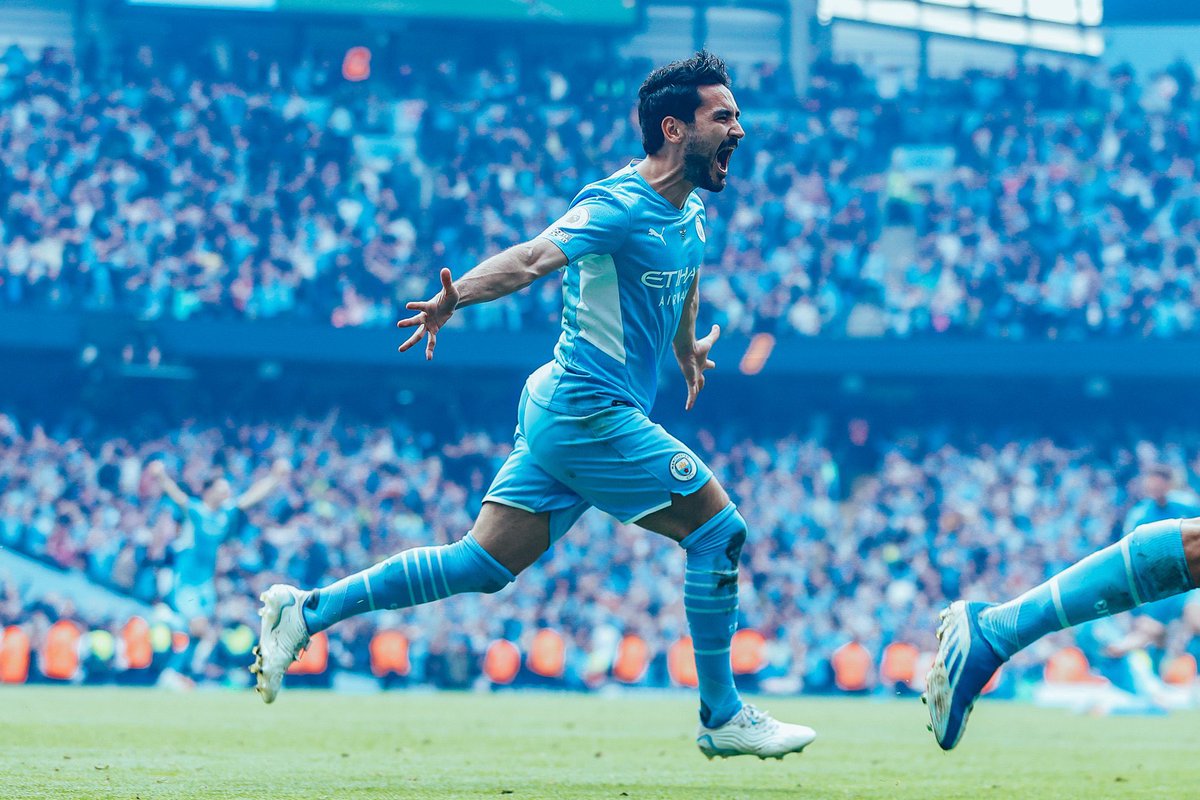
Gundogan therefore represents the profile of a muted generalist: a player who can, from the same position, actually do many different things as the coach requires.
This is also reminiscent of the all-timer superstar called Andres Iniesta, who operated at an even higher level.
This is also reminiscent of the all-timer superstar called Andres Iniesta, who operated at an even higher level.
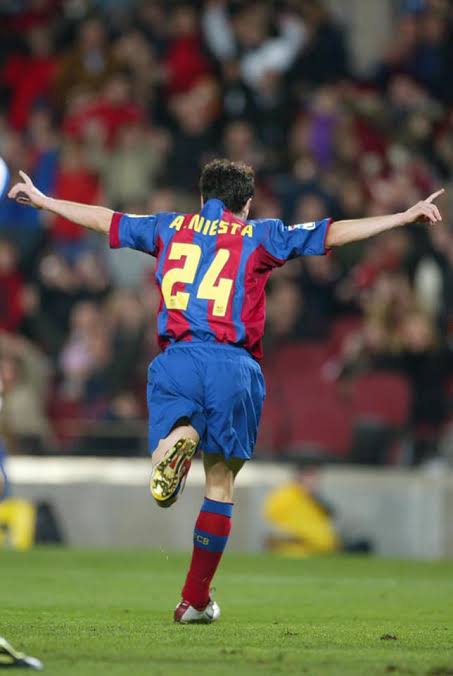
Here is Andres Iniesta at 22, coming on for 45 minutes against Arsenal 1-0 down.
Known for his history changing goals, his IQ and Messi-like technical dexterity in small spaces, most don't know Iniesta could also be Xavi or Pirlo if he wanted to.
Known for his history changing goals, his IQ and Messi-like technical dexterity in small spaces, most don't know Iniesta could also be Xavi or Pirlo if he wanted to.
That is what a generalist looks like. Sometimes, it is not always about positional versatility but range of usable skills/capacities available to one player.
Lionel Messi is another example like this. There was nothing he could not possibly do, even from the same position.
Lionel Messi is another example like this. There was nothing he could not possibly do, even from the same position.

As such, the more talent a player possesses, the more his profile expands on the specialist-generalist spectrum.
—Positional versatility
—Different roles/playing contexts in the same position
—Ability to roam and look natural across the pitch
This is what defines a generalist.




—Positional versatility
—Different roles/playing contexts in the same position
—Ability to roam and look natural across the pitch
This is what defines a generalist.
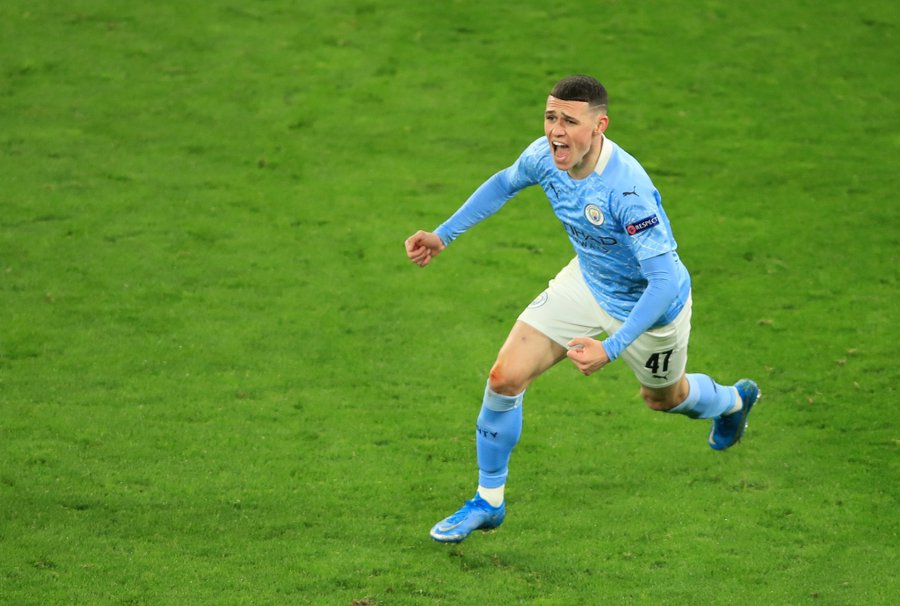
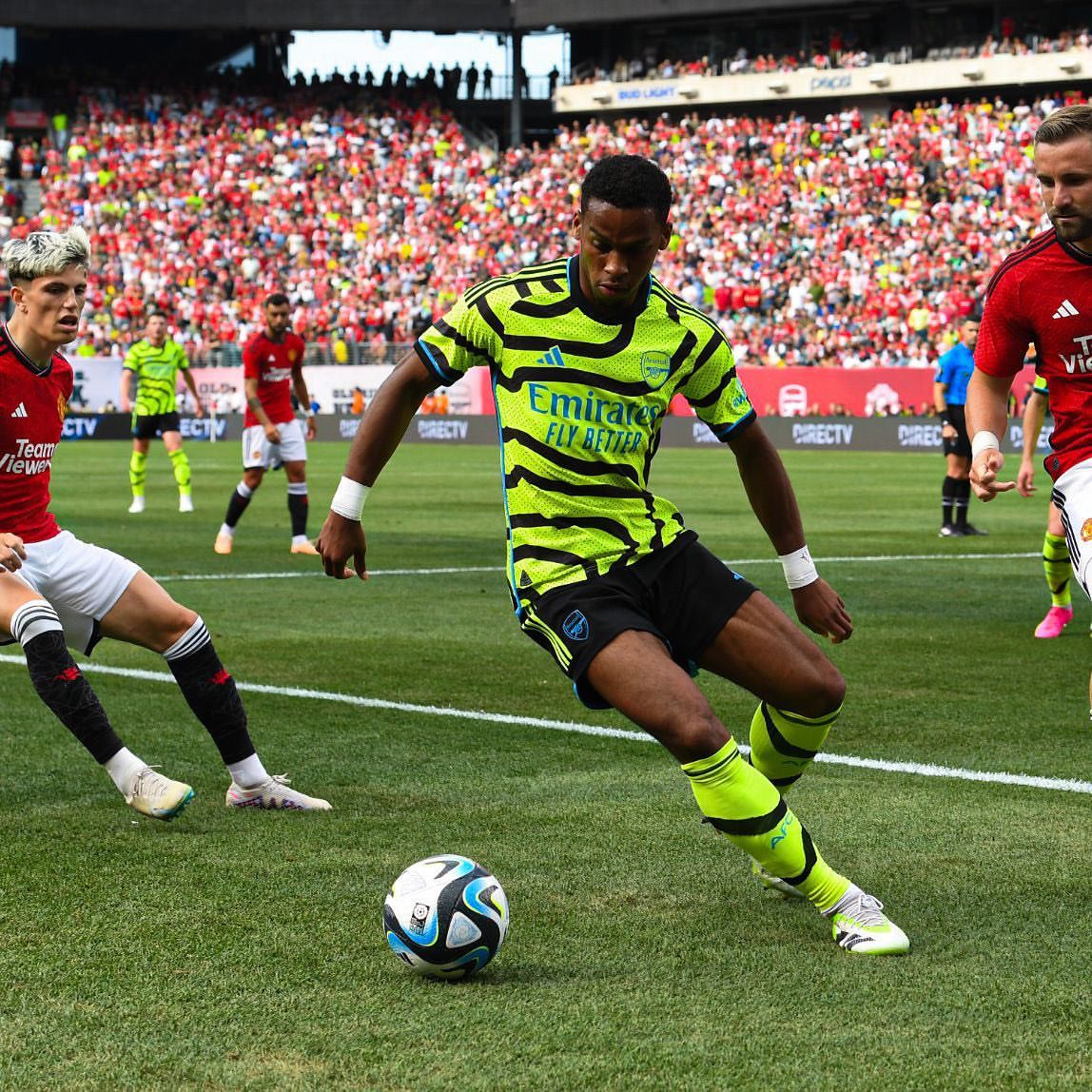
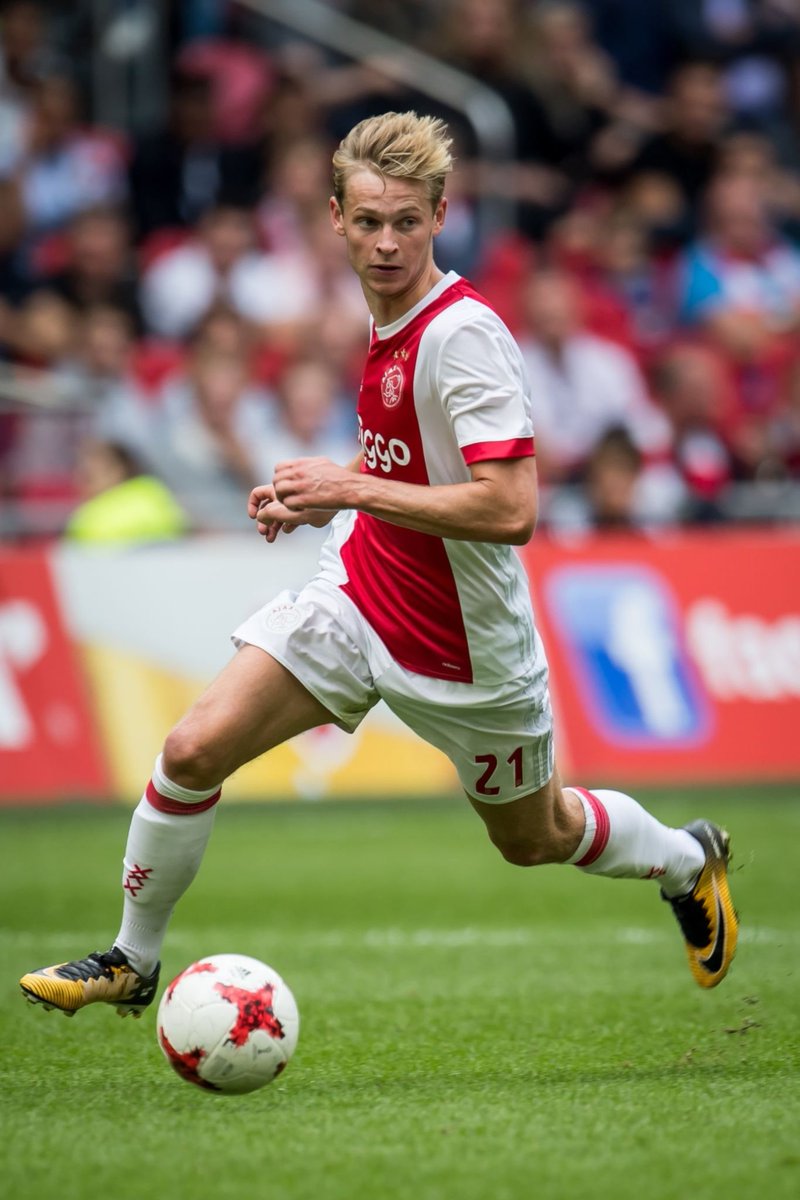

As I reiterated in an earlier thread, generalists are the possible best and higher ranking talents than specialists in most cases.
Therefore, they are in extreme demand and are preferred by clubs and managers.
Pep Guardiola is king of recruiting them.
Therefore, they are in extreme demand and are preferred by clubs and managers.
Pep Guardiola is king of recruiting them.
https://twitter.com/nonewthing/status/1694263644706516999?t=-bozEAeV0_TcoNdjQKOwcQ&s=19
Guardiola can win with anything, but he prefers a can-do-it-all before a can-do-it. Everyone prefers it.
If you can't win with a team of generalists, Guardiola can win with a team of specialists. As long as they are the best in what they do.
This is because of his methodology.




If you can't win with a team of generalists, Guardiola can win with a team of specialists. As long as they are the best in what they do.
This is because of his methodology.
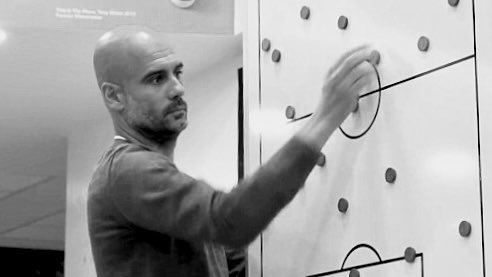
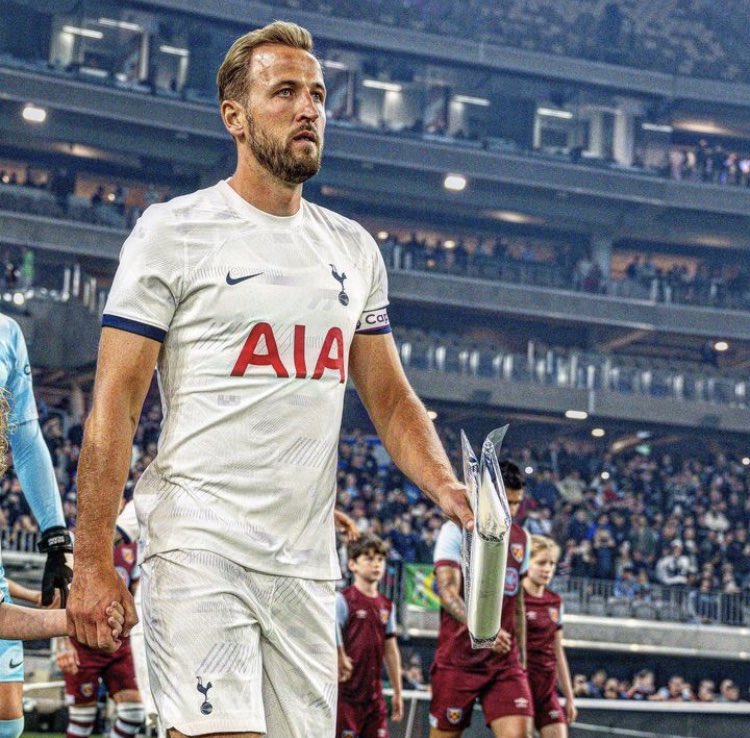

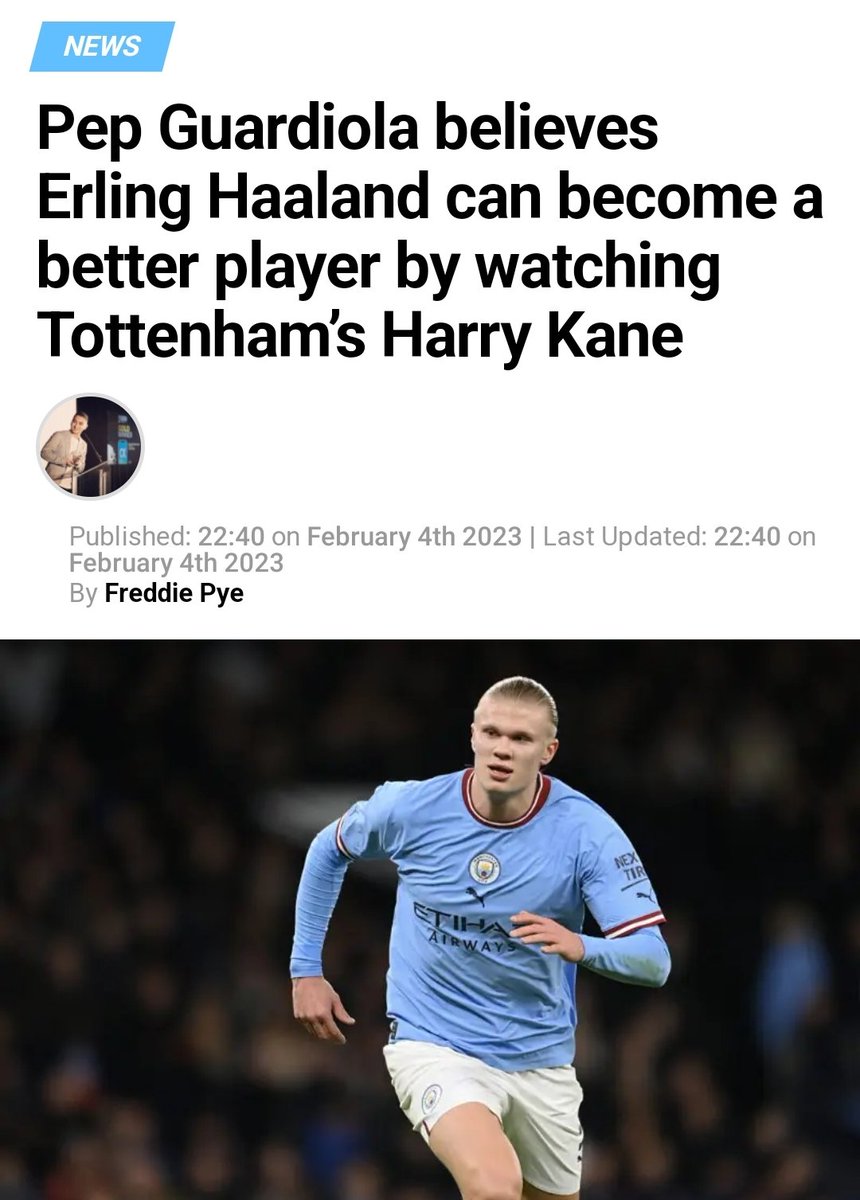
What is Pep Guardiola's methodology? Is it the passes? The tiki taka?
No, Guardiola hates passing for the sake of passing. Passing must be to an intent, to a purpose.
As he once quipped, “My job is taking you to the final 3rd and your job is to finish.”
No, Guardiola hates passing for the sake of passing. Passing must be to an intent, to a purpose.
As he once quipped, “My job is taking you to the final 3rd and your job is to finish.”
This is the Guardiola methodology.
To make sure his players constantly arrive in the final third with as much superiority and as much safety as possible.
That is why he passes. He was never about tiki taka. It is about purpose and intent. To arrive and stay in the oppo third.
To make sure his players constantly arrive in the final third with as much superiority and as much safety as possible.
That is why he passes. He was never about tiki taka. It is about purpose and intent. To arrive and stay in the oppo third.

Arriving in the opposition third can be done via passing/progression automatisms. Although you need quality, so many teams around the world have proven that you don't need the most talented players to do it. Just purpose, focus, structure, rhythm and training.
That is enough.
That is enough.
You can also arrive in the opposition third via pure individual quality. This is only usually needed vs highest quality opposition when it looks impossible and they have seemingly trapped you in.
Here is Frenkie De Jong illustrating it.
Here is Frenkie De Jong illustrating it.
A good team has systematic, reliable methods of play/progression in all thirds. A great team has individual quality to do the same when they can't follow the system.
Pep Guardiola has the system. He just needs the quality to take it beyond and make it as difficult as possible.
Pep Guardiola has the system. He just needs the quality to take it beyond and make it as difficult as possible.
So, for Pep Guardiola, having lost some of the team's individual ability to turn defence into attack in a blink of the eye when Kevin De Bryune got injured. He tries for Declan Rice and Jude Bellingham, two unbelievable ball carriers. 
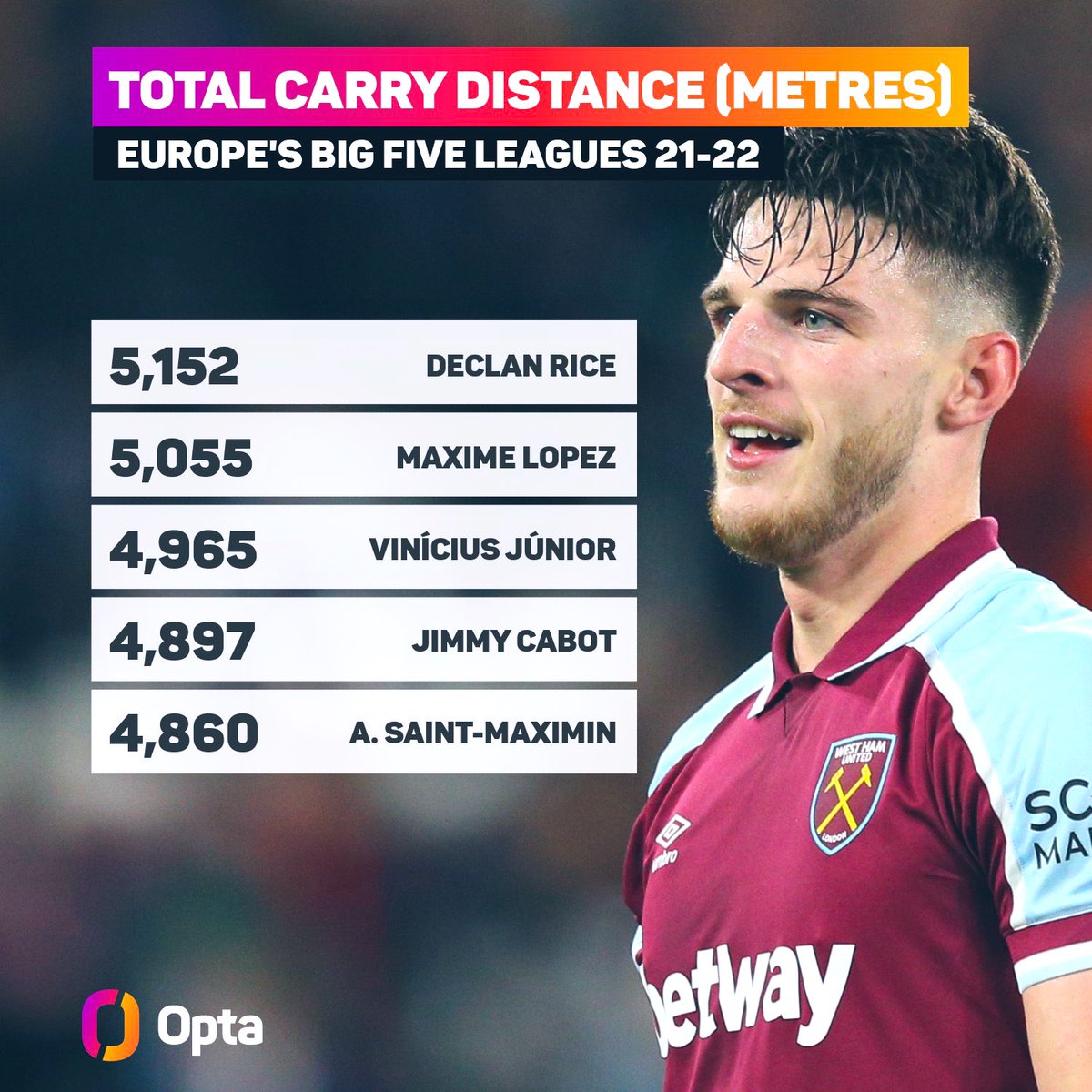
The key difference is Declan Rice is not just Declan Rice, nor is Jude Bellingham just Jude Bellingham. Both are extremely capable at many other things beyond that specific attribute.
Range passing, play between the lines, final third impact. Etc
Range passing, play between the lines, final third impact. Etc
Now, here is Matheus Nunes doing the same thing as Frenkie De Jong and Declan Rice and Jude Bellingham here.
The key difference, though, is that Nunes is a specialist. He is as naturally good as the generalists at that specific thing but not at other things.
Can Pep make do with that?
Yes, as long as there is a functional base to work with.
What is a functional base for a specialist?
Can Pep make do with that?
Yes, as long as there is a functional base to work with.
What is a functional base for a specialist?
A functional base refers to a set of foundational skills or attributes that allows a player to perform in, and integrate into, how a team plays without lowering the floor of that team
For instance, no miscontrols, doing the right passes to keep things ticking etc etc
For instance, no miscontrols, doing the right passes to keep things ticking etc etc
For most Premier League clubs, a functional base often equals intensity and a capacity to not lose duels. This is often very true in central.
Manchester City are no different. Physically, they are the ultimate Premier League club with unbelievable capacity to run/duel/step out
Manchester City are no different. Physically, they are the ultimate Premier League club with unbelievable capacity to run/duel/step out
This is enabled by a series of Tier 1 athletes in the team.
Likes of Jack Grealish (almost impossible to bully off the ball), Kevin De Bryune (unstoppable running/carrying capacity) who are among their most creative players are extremely physical. Everyone is a workhorse.
Likes of Jack Grealish (almost impossible to bully off the ball), Kevin De Bryune (unstoppable running/carrying capacity) who are among their most creative players are extremely physical. Everyone is a workhorse.
As such, by targeting Jude Bellingham and Declan Rice, Manchester City wanted not just good athletes but almost historically great ones.
With Bellingham or Rice, doesn't matter what else you have, it is impossible to bully them or physically dominate.
With Bellingham or Rice, doesn't matter what else you have, it is impossible to bully them or physically dominate.
Both are generalists however.
And when that pursuit failed, Manchester City turned to Lucas Paqueta, a No. 8 who has one of the biggest engines, duelling and running capacity in football.
Paqueta is not just a workhorse/runner, he is one of the best spatial brains in the game.
And when that pursuit failed, Manchester City turned to Lucas Paqueta, a No. 8 who has one of the biggest engines, duelling and running capacity in football.
Paqueta is not just a workhorse/runner, he is one of the best spatial brains in the game.
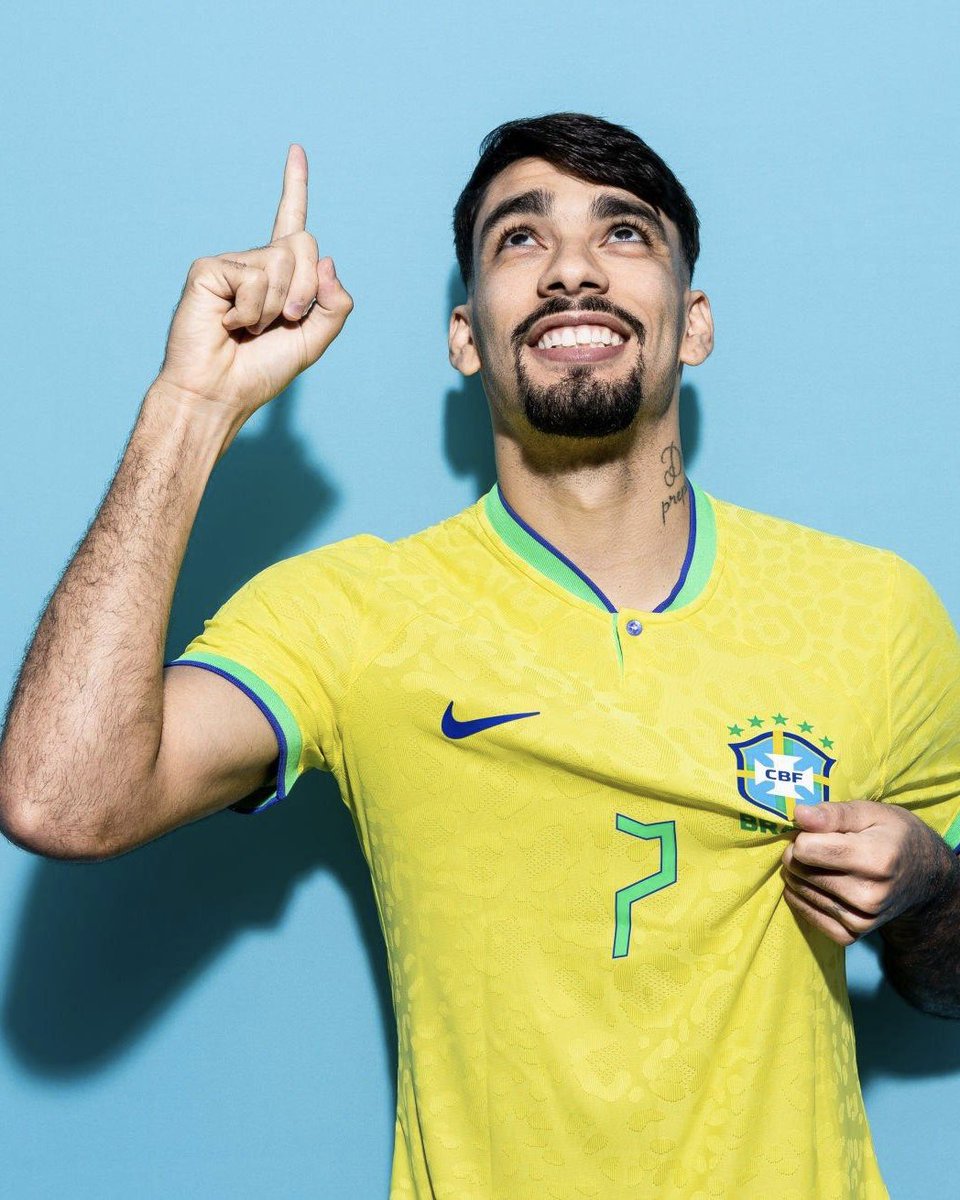
And Paqueta is also a great and instinctive finisher of chances in the box. He has a superb box-to-box profile essentially, except... he's also very good at finding the last pass.
The way I'd like to describe him is Aaron Ramsey, except bigger and with a final pass.
The way I'd like to describe him is Aaron Ramsey, except bigger and with a final pass.
Paqueta however is not an expert manipulator like Rice and Bellingham. Neither does he have the instinct to stay and control a game from deep.
As you can see, from Jude Bellingham and Declan Rice, the scale of talent has shrinked somewhat to a 2nd/3rd phase player.
As you can see, from Jude Bellingham and Declan Rice, the scale of talent has shrinked somewhat to a 2nd/3rd phase player.
With Paqueta's pursuit failing due to legal reasons, Manchester City are bitterly forced to go down the pile and have now arrived at Matheus Nunes, another extremely physical runner who is one of the best carriers in the game. Without the passing box that the others have.
Matheus Nunes will work because he's also extremely physical when it comes to engaging in duels, can run all day and plays with a lot of intensity. He has a strong functional base.
When City don't need his special skill, he'll be a robotic part of the system or on the bench.
When City don't need his special skill, he'll be a robotic part of the system or on the bench.
Also, physicality in the context of the pace of the modern game is not just about running and duels and intensity.
It is also the ability to control awkward balls in reception, under pressure or after/during a duel. I call it body-to-ball coordination.
It is also the ability to control awkward balls in reception, under pressure or after/during a duel. I call it body-to-ball coordination.
https://twitter.com/nonewthing/status/1690004541331148802?t=dvzcwaBluM7tMX1h6nEz8g&s=19
To control awkward balls in whichever situation and establish dominance, core strength, height, span and size are important.
All of these players, from Rice to Paqueta, have this unique gift to remain in control of loose balls in the middle.
All of these players, from Rice to Paqueta, have this unique gift to remain in control of loose balls in the middle.
In essence, you can see a shrinking in generalist talent down this list of Manchester City targets:
Declan Rice
↓
Jude Bellingham
↓
Lucas Paqueta
↓
Matheus Nunes
This is the operation of a highly skilled and severely knowledgeable recruitment organization, with Pep atop it.
Declan Rice
↓
Jude Bellingham
↓
Lucas Paqueta
↓
Matheus Nunes
This is the operation of a highly skilled and severely knowledgeable recruitment organization, with Pep atop it.

I think Pep Guardiola is a genius of talent identification, management and development. I think his eye is precisely the reason why he has been able to maintain a stable project anywhere he goes.
As much as he can, Pep Guardiola gets you the best.
As much as he can, Pep Guardiola gets you the best.
https://twitter.com/nonewthing/status/1667775780426858501?t=dvzcwaBluM7tMX1h6nEz8g&s=19
Essentially, Pep Guardiola is the strongest manager to play against because his recruitment eye ensures he always has a stable of some of the very best profiles in football to play with.
If he doesn't get the best generalist, Guardiola will get you the best specialist.
If he doesn't get the best generalist, Guardiola will get you the best specialist.
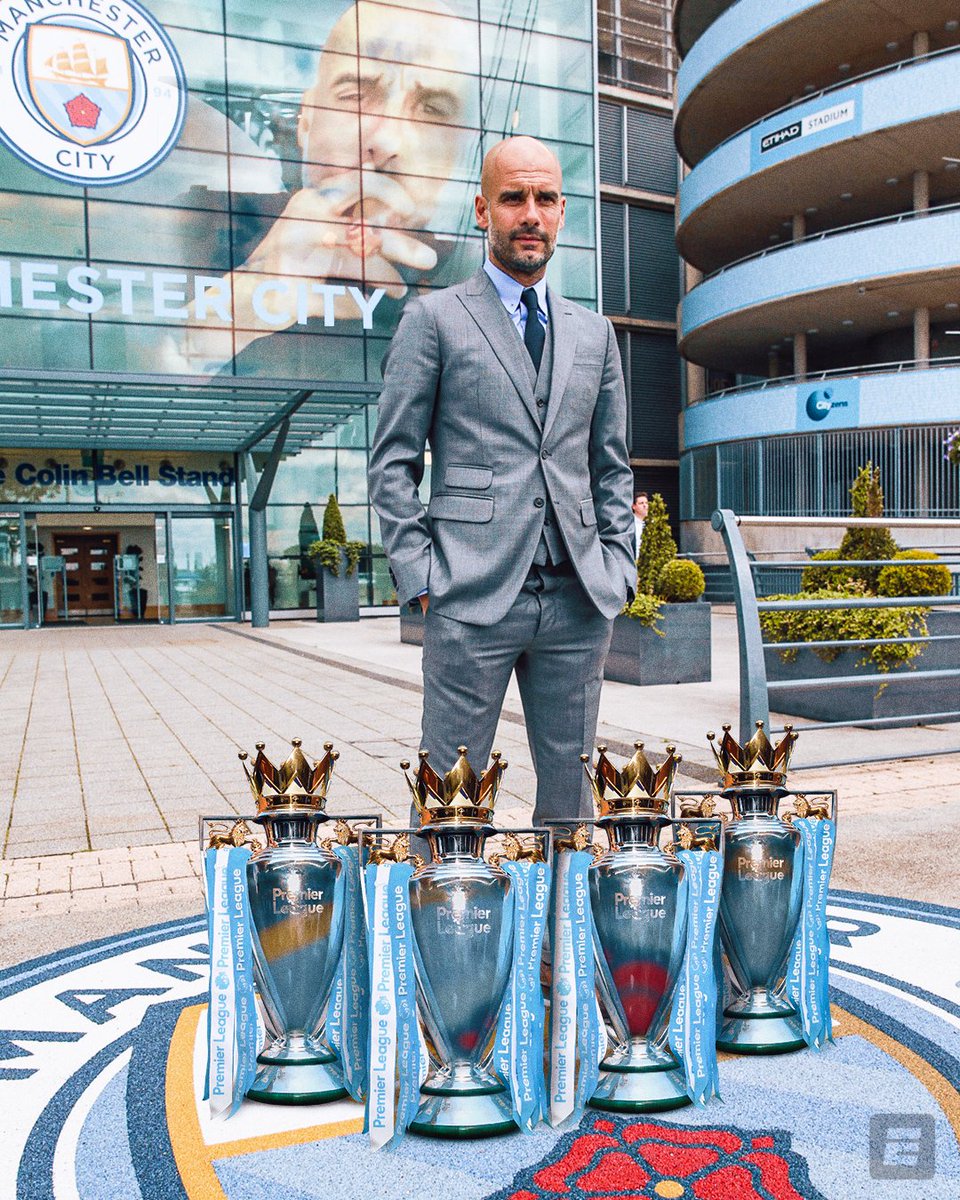
Don't believe me?
Hear it. From the horse's mouth.
It is all about the talent, the players. That is why the biggest clubs spend big. And that is why the biggest clubs and managers win. Everyone is a chequebook manager at the highest level.
Hear it. From the horse's mouth.
It is all about the talent, the players. That is why the biggest clubs spend big. And that is why the biggest clubs and managers win. Everyone is a chequebook manager at the highest level.

And so on and so forth. You can probably tell why City wanted Jeremy Doku now, as well. With no generalist available on the market, they have simply gone for the best specialist in football at breaking through the flanks.
Nunes → Doku → Haaland. Beats ANY defence in the world.
Nunes → Doku → Haaland. Beats ANY defence in the world.
It is simple. It works. There is a brilliant grace to effective talent doing what they do best, leading to victories for a stable system.
It is simple football. As Johan Cruyff said,
It is simple football. As Johan Cruyff said,
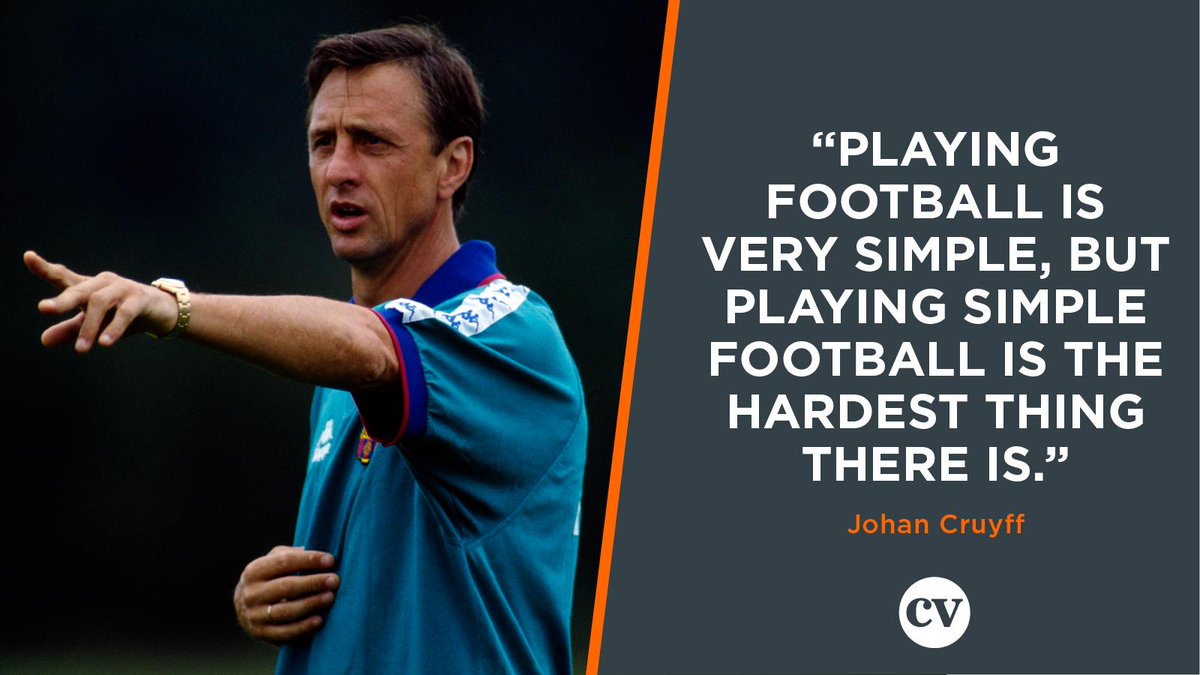
The End.
• • •
Missing some Tweet in this thread? You can try to
force a refresh

 Read on Twitter
Read on Twitter


